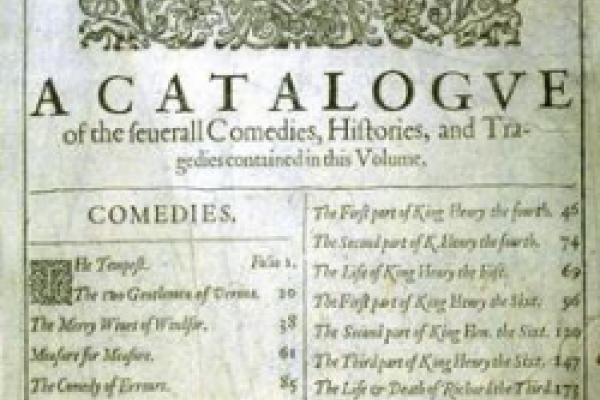
This talk is concerned with a number of historically vexing Shakespearean cruxes and with the way criticism and editorial practice have undertaken to deal with them, whether by elucidating them, explaining them away, or otherwise accounting for them. Over the centuries, these problematic names, textual muddles, and geographical puzzles have resisted critical consensus, and, indeed, almost seem designed to refute the critical assumption that everything can be explained; they nevertheless seem to represent something that we might call characteristically Shakespearean.
